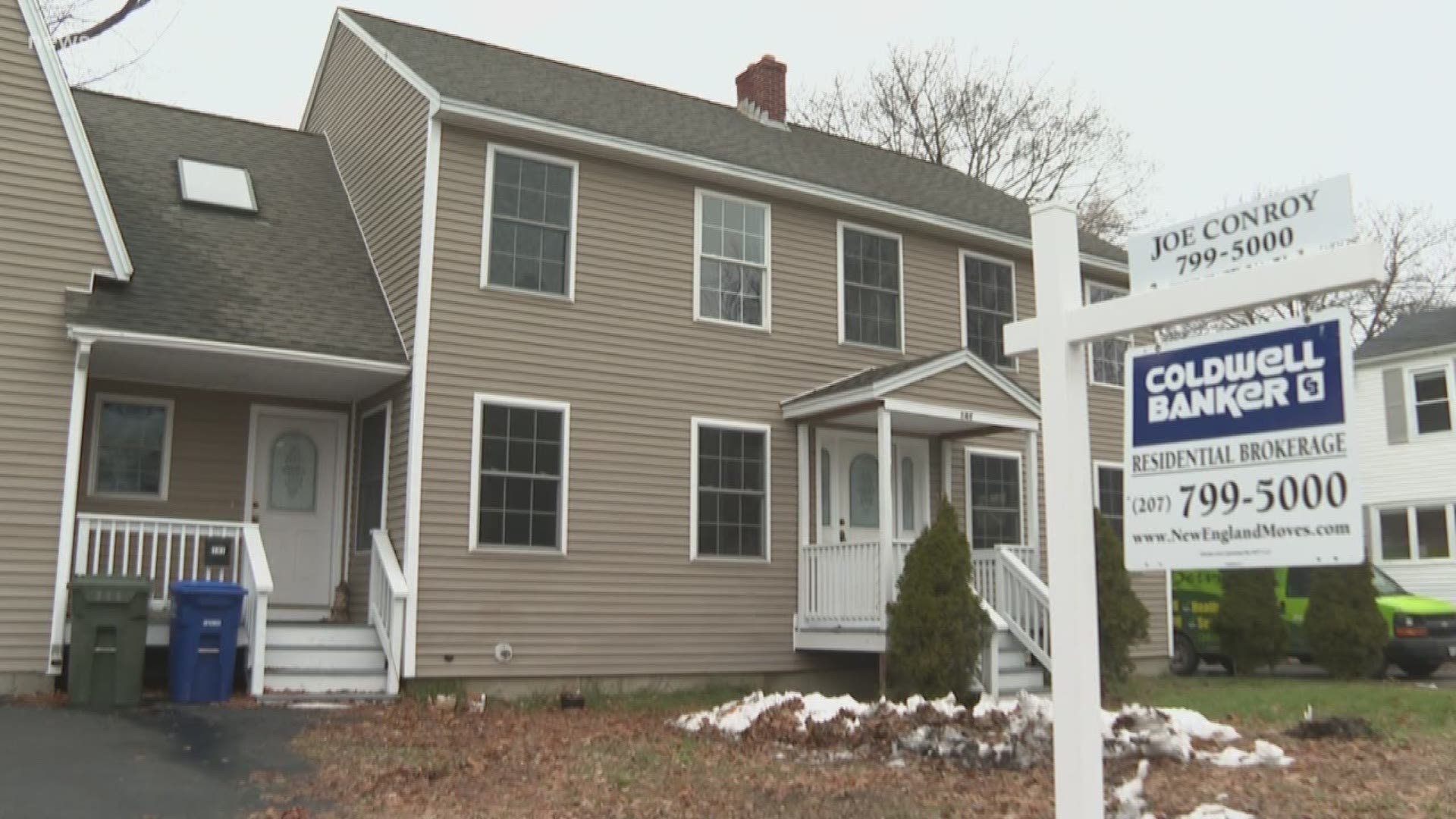(NEWS CENTER Maine) – At the start of the new year, people who own short-term rental properties will have to follow new guidelines in some of Maine’s most popular tourist destinations.
South Portland’s new regulations limit unhosted rentals, where the owner of the property is not required to be present during the guests stay. The regulations voters approved of in the November election passed by 1,003 votes. 1,500 people did not vote either for or against the ordinance.
Now, other popular Maine tourist towns are examining how they regulate short-term rentals.
In Bar Harbor, vacation rentals of single family homes are allowed for spans of no less than five and no more than 30 days. Owners there who rent their properties must get permits and pass a one-time safety inspection.
Code Enforcement Officer Angela Chamberlain said the town is using an informal polling system to ask people how they believe the town should regulate the business of investment properties.
"Looking at the housing crisis that we are experiencing in Bar Harbor, many people contribute a lot of that to a short-term vacation rental," said Code Enforcement Officer Angela Chamberlain. "I think the town is pretty split on it. It's certainly something the town officials are discussing."
Landlord John Murphy believes regulations are necessary. He owns a rental property near Willard Beach in South Portland. He said some other owners abused systems like Airbnb, creating a revolving door of visitors, weekend after weekend. He believes the regulations in his town went too far.
"Your property is your property. It's your home. It's the biggest investment most of us will ever make,” said Murphy. "We deserve the freedom to be able to do certain things within reason in that home."
The new ordinance in South Portland, approved by voters during the November election, prevents owners from providing "unhosted" short-term rentals, meaning the owner must be present during the visitors' stay.
The ordinance also limits where people can list a room for a short-term rental, keeping them out of residential zones.
“In some neighborhoods, it was a very big issue,” said Assistant City Manager Joshua Reny. "If you can count 20 homes on your street and four or five of them are STRs, that's a pretty big deal. As long as it continues to grow, it's going to get to a point where it clearly becomes an issue, and we had gotten to that point."
Reny said city staff had a difficult time regulating fire inspections. Inspections are required for commercial properties, such as hotels. Inspections are not required for residential properties. He said some people were using their homes, in essence, as commercial properties.
Murphy feels he, and others, are being stripped of a fundamental right.
"They basically legislated it out of existence because no families are going to go on vacation or rent a home from you or me when I'm staying in one of the bedrooms,” said Murphy.
South Portland's new rules go into effect on January 1, 2019.
Reny said they will hire contractors to monitor websites like Airbnb or VRBO, which he said the city will try to pay for using fees that STR owners will pay.
Portland also changed its rules regarding short-term rentals, in part, increasing the number of non-owner occupied mainland short-term rental units from 300 to 400 units. Those rules go into effect on December 19, 2018.

